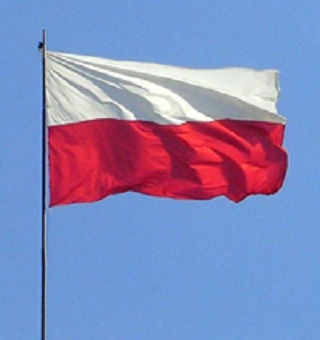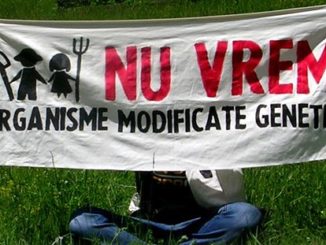On January 2nd, the Polish Government approved ordinances banning the cultivation of two GM crops: MON 810 maize of US Monsanto and the Amflora potato of German BASF. Recent changes to legislation made possible to issue these bans, meaning that as of January 28th Poland will join other EU Member States that already do not allow the cultivation of these crops, among them Austria, Germany, France, Greece, Hungary and Luxembourg.

Polish public opinion is expecting that proper implementation and monitoring of this ban will discourage farmers from buying GM crops and allow Poland to be a country without any GM cultivation. It’s worth mentioning that the previous Polish ban of 2006 that meant that GM crops could not appear on the list of legal crops in Poland was not effectively implemented by the Polish administration, resulting in the widespread illegal cultivation of maize MON810 and GM oil seed rape in Poland.
A major obstacle to the implementation of this new ban for Poland is the current lack of an official register of GM crops which is required by EU law. In September 2012 the European Commission started a procedure of referring Poland to the Court of Justice of the European Union for the lack of implementation of Directive 2001/18/EC that concerns the deliberate release of genetically modified organisms. Contrary to the European Union law, till now the Government of Poland has not required commercial GMO farms to: register GMO cultivation; inform the land owner of GMO cultivation, in case of leasehold; create buffer zones; inform neighbours of GMO cultivation; take precautionary measures by separating GMO seeds from conventional seeds; and meet other conditions for coexistence with conventional crops.




